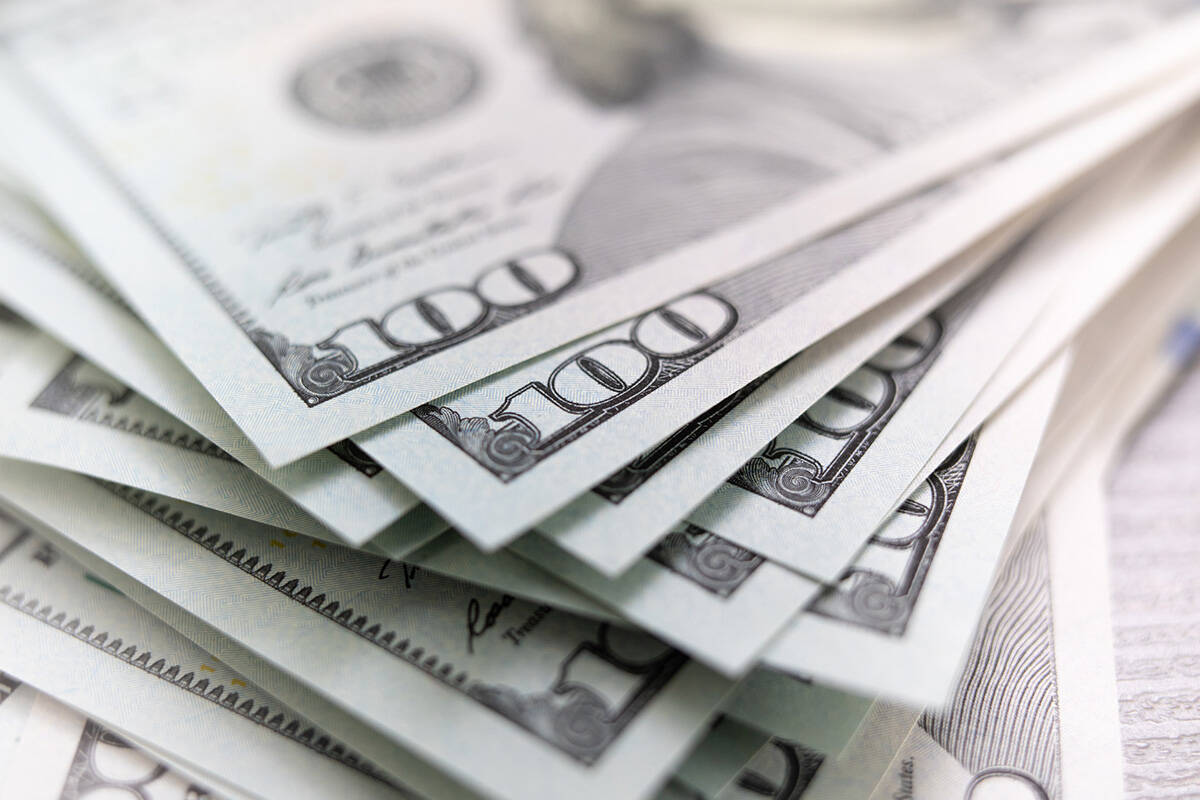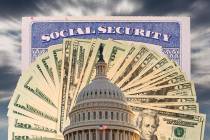EDITORIAL: Mission creep infects taxpayer import-export bank
Ronald Reagan once famously quipped, “No government ever voluntarily reduces itself in size. Government programs, once launched, never disappear. Actually, a government bureau is the nearest thing to eternal life we’ll ever see on this earth.” A corollary to the former president’s observation might be that a bureaucracy’s mission keeps forever evolving.
Consider the Export-Import Bank, established by FDR in 1934 under the guise of creating overseas markets for American products. The theory was that the U.S. government — read: American taxpayers — could goose the economy by loaning money to foreign countries to buy products made here.
A decade later, the bank became an independent agency that requires periodic congressional reauthorization. Over the years, it evolved into a cash source for large American corporations that already have access to plenty of private capital, and its loans remain backed by taxpayers. The Wall Street Journal reports that “some 65 percent of the bank’s financing flowed to 10 large companies in 2014” such as Boeing and General Electric.
While the bank’s portfolio today includes a larger percentage of small-business loans, it has from time to time drawn attention from both the left and the right for its corporate welfare operational model. In 2019, a handful of Republicans launched an effort to kill the bank but failed when then-President Donald Trump reversed course and embraced reauthorization. Congress obliged, and the bank will now be in business until 2026.
But, as Mr. Reagan knew, the bureaucratic instinct for self-preservation is indestructible. As is the urge for mission creep. So the Ex-Im Bank this month unveiled a new initiative to “create new financing opportunities that spur manufacturing in the United States, support American jobs and boost America’s ability to compete with countries like China.”
Yet as Eric Boehm of Reason.com noted, “There has been little clarity about what the program will aim to do, which businesses might stand to benefit from it or how its results will be judged.” There’s another looming problem. Even as the Fed boosts interest rates to fight inflation, capital remains plentiful. Yet this new program demands that applicants demonstrate that private financing is unavailable. “Translation,” Mr. Boehm writes, “the government will throw taxpayer dollars at investments that private capital markets have deemed too risky.”
Is anybody in Congress paying attention? There’s scant evidence that U.S. business interests would be harmed without this Depression-era creation. Private lenders are far better equipped to make decisions regarding capital allocation than a government bank backed by taxpayers. Instead of allowing the Im-Ex Bank to venture into new territory, Congress should move to finally wind it down.






















